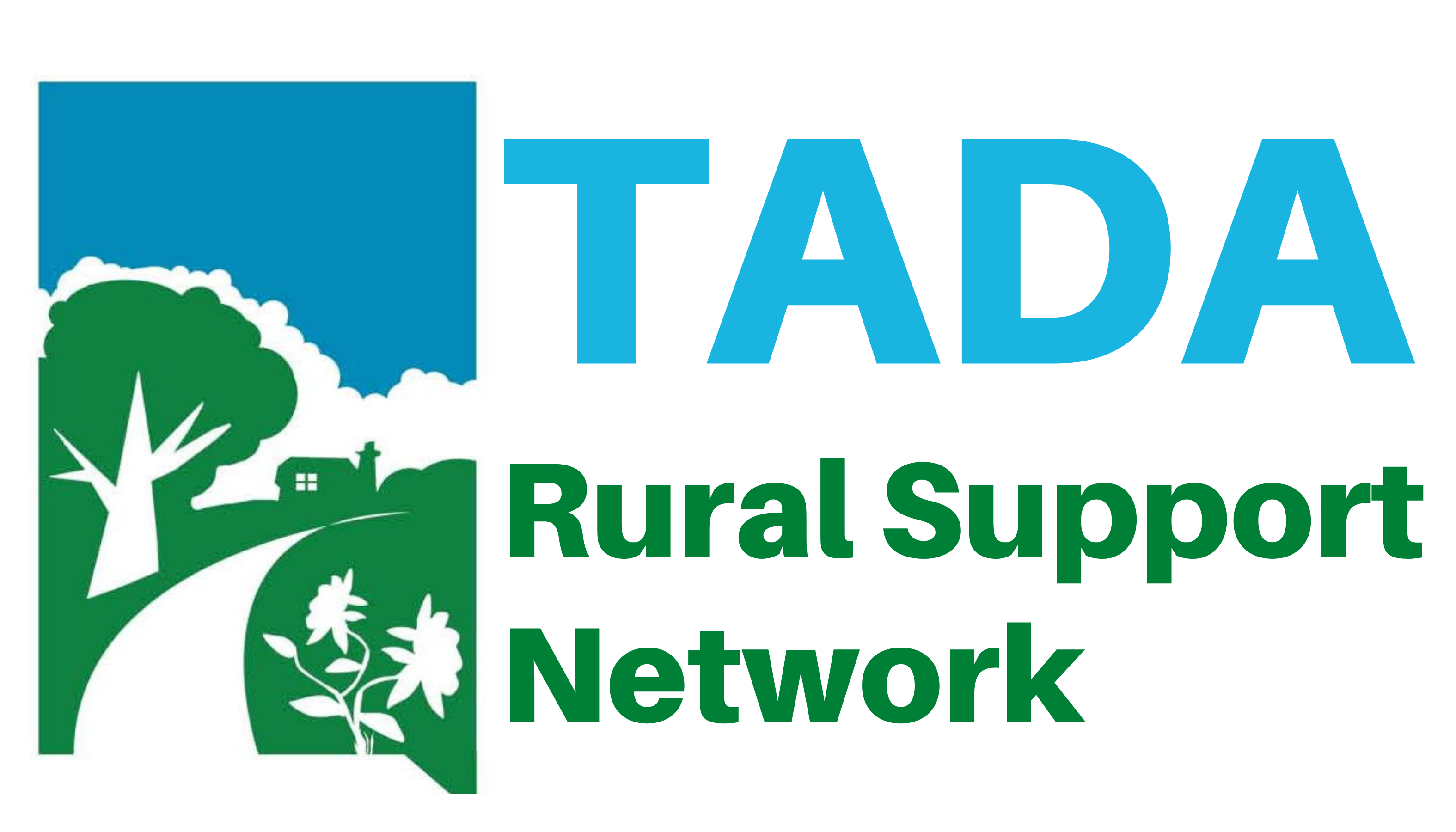Rural Support can help.
Rural Support was formed as a charity in 2002. At that time, the Foot and Mouth epidemic was having a severe impact on farmers and on the rural community as a whole. There was evidence of distress within the rural community and the need for a support service was identified.
The organisation provides this support through a helpline which offers a listening and signposting service for farmers and rural families. Callers to the helpline are of all ages and backgrounds and come from every part of Northern Ireland. The helpline is operated by volunteers who are fully trained. They are all from a rural background and have good awareness of many aspects of rural life.
Among the issues that Rural Support can help callers address are:
- financial or debt worries;
- problems with farming paperwork;
- succession planning;
- general stress, anxiety and depression;
- self-harm and thoughts of suicide;
- general information and signposting.
Rural Support can also provide a general talk regarding stress awareness, the signs & symptoms of stress, looking after yourself and others and self-care tips. The presentation is free of charge and is available to any organisation or group across Northern Ireland. If you would like to arrange for Rural Support to carry out a presentation then please contact a member of staff on 028 8676 0040.
If you or someone you know are experiencing stress and would like to talk to someone in confidence, Rural Support’s helpline number is 0845 606 7 607 and is available 8am to 11pm, seven days a week (voicemail and support options available at all other times).
Case Study
Tom and Helen are in their late sixties. Helen called Rural Support for help as Tom had become less able to look after the farm. The couple were under a lot of stress, the paperwork had fallen behind and a DARD inspection had highlighted some animal welfare issues.
What did Rural Support do?
- We agreed to meet Tom and Helen at home to get a better understanding of their situation.
- We looked at the paperwork and helped get it in order and up to date.
- We guided Helen and Tom to look at how stress was affecting their health and well-being and how they could reduce this stress.
- We helped the couple come up with options for the farm and arranged for them to have a financial consultation on the costs and income for each option.
- We signposted to other organisations which checked that Tom and Helen were getting their social security benefit entitlements and that they were receiving support with caring.
- We stayed in touch to provide support throughout the process.
Case Study
John is 40 and is married with two young children. He works as a self-employed joiner and also manages a small farm. He invested a lot on modernising the farm and had hire purchase agreements for machinery as well as bank loans. Due to the economic downturn, John’s income from his joinery business dropped considerably. He had fallen behind on his loan and mortgage payments and his farm was at risk. He had become increasingly worried, was feeling depressed and had been contemplating suicide. He contacted Rural Support because he was anxious and frightened.
What did Rural Support do?
- One of our counsellors worked with John to deal with his thoughts of suicide and to help him get support from his GP and other organisations.
- A volunteer with technical, farming expertise helped John to find ways of reducing costs and improving income from his farm.
- We put John in touch with the Citizens’ Advice Bureau’s debt counselling service. This service helped John come up with a realistic and manageable plan for dealing with his debt.
- We supported John throughout the process and also made sure that he had contact details for other organisations such as Lifeline and the Samaritans.
Case Study
Andrew is 50 and lives on a farm with his elderly mother. His mother has had several strokes and needs to be cared for on a full-time basis. Andrew contacted Rural Support as he was finding this new and demanding situation emotionally and financially draining and unsure of what support was available.
What did Rural Support do?
- One of our counsellors went to see Andrew at his home. We talked to him about his feelings of isolation and loneliness and how the subsequent stress could impact on his ability to care for his mother.
- We urged Andrew to contact his local Health and Social Care Trust. A Social Worker visited him and his mother in their home and carried out an assessment to determine what external caring services were available. This enabled Andrew to get a break from his caring role and allowed him to continue with his work on the farm.
- We took details about Andrew’s circumstances and checked them on the A2B Benefit Calculator. This indicated that Andrew and his mother might be entitled to benefits that they had not been receiving.
- We supported Andrew throughout the whole process and signposted him to other organisations such as Age Northern Ireland.
